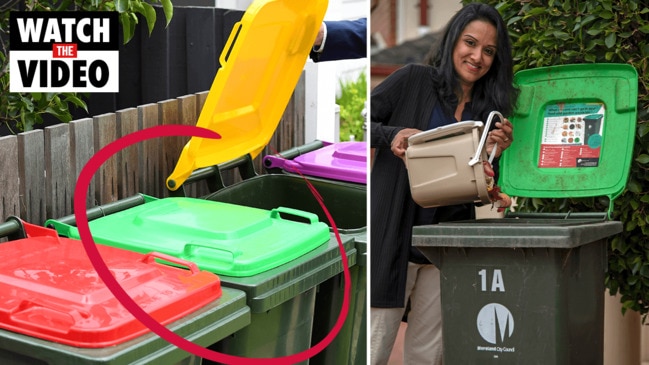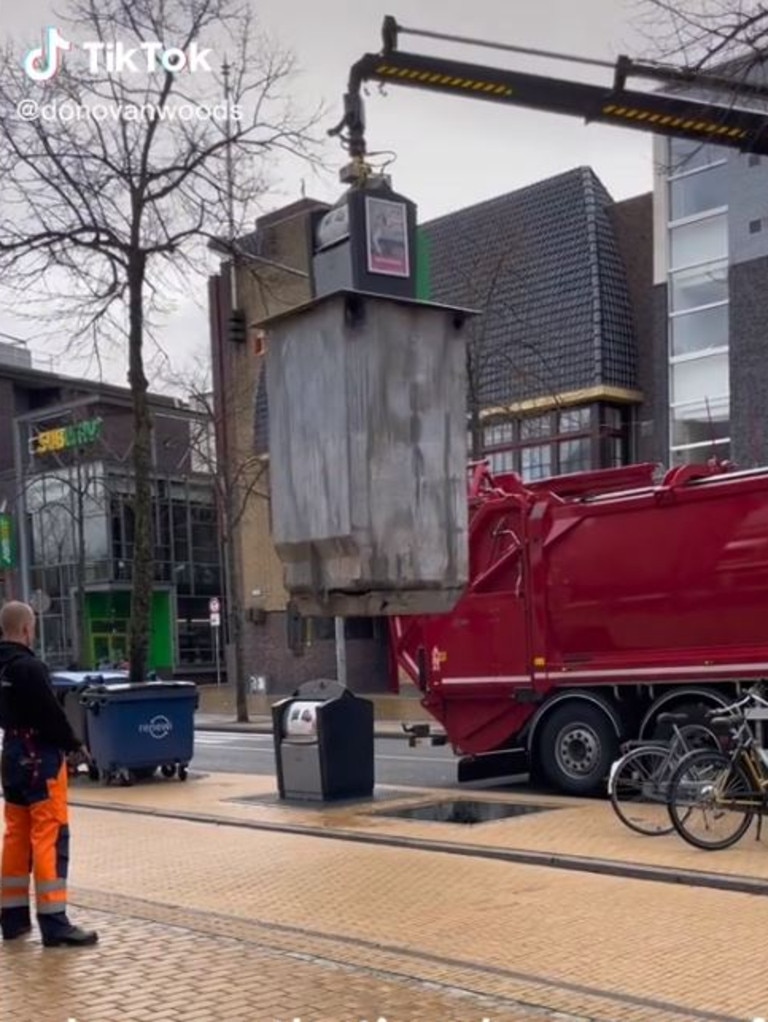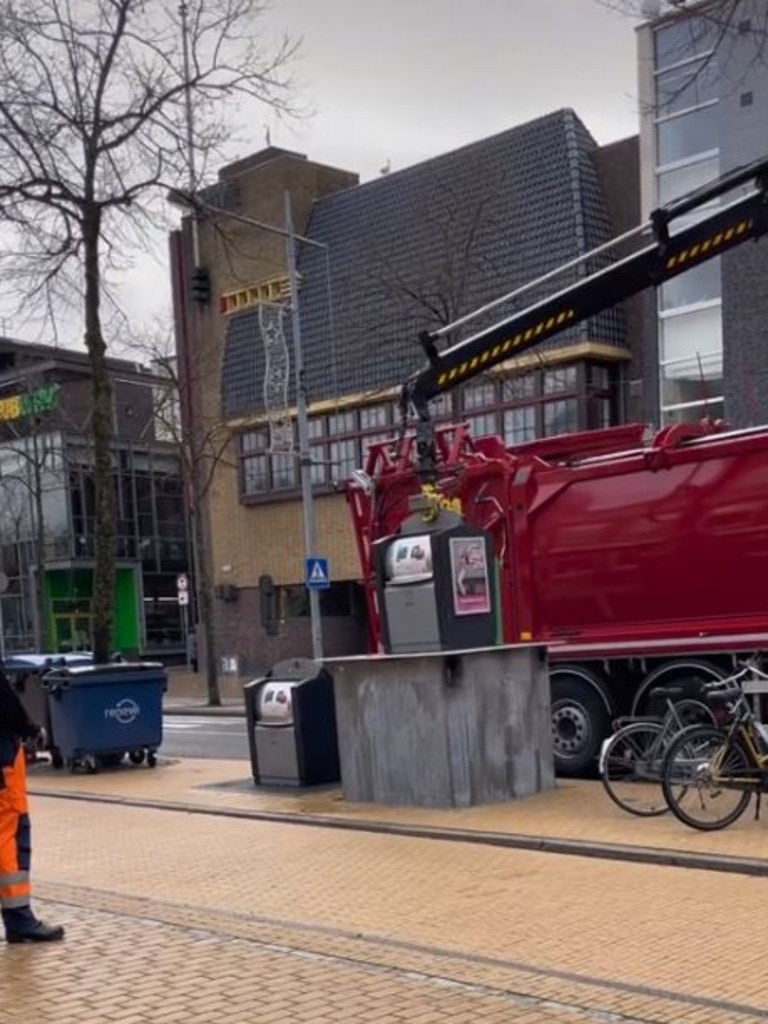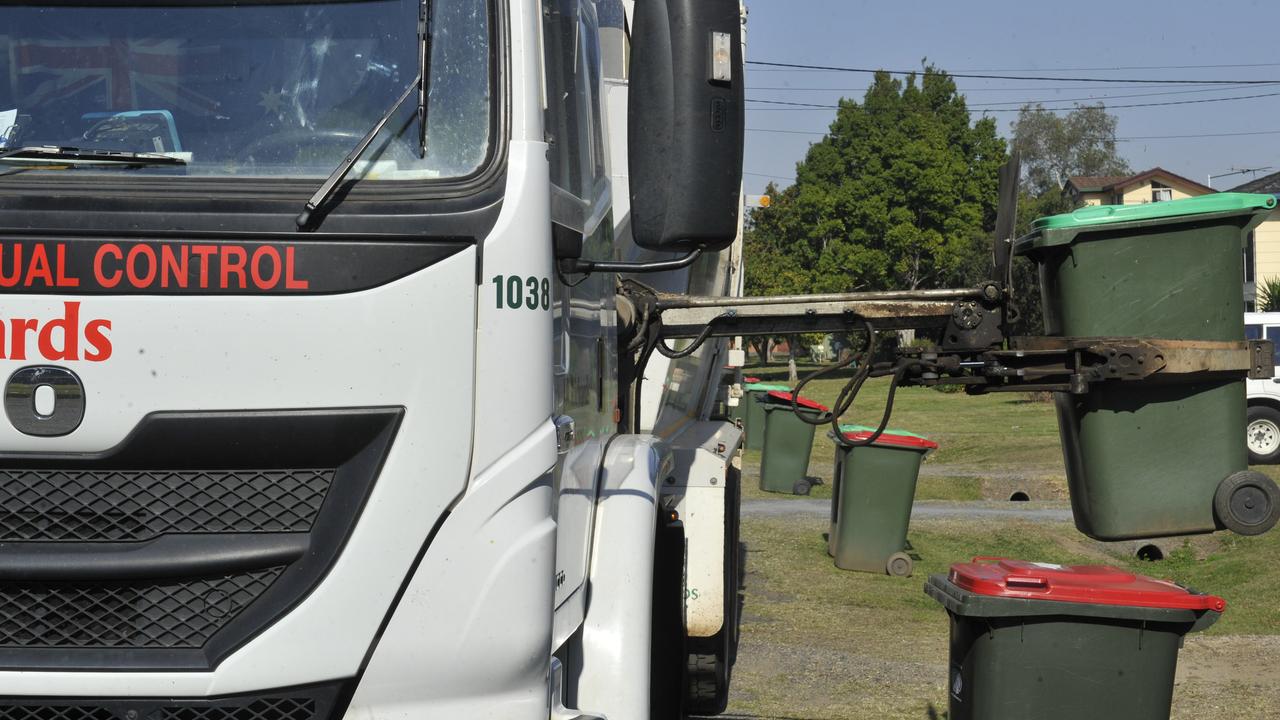World stunned by nation’s genius hack to eliminate bin day
One city has come up with a genius way of eliminating bin day, removing the need to drag your household bins out onto the street once a week for collection.

A genius invention means residents in the Netherlands never have to worry about missing bin day again, with footage of the streamlined process going viral online.
In Australia, residents typically have to drag their bins out onto the kerb for collection once a week and pull them back in when they have been emptied.
Unless you forget to put the bins out and have to run outside in your PJs after the garbage truck – this process usually isn’t too troublesome and has become a routine part of the week for most people.
However, a system being used in the Netherlands means residents never have to worry about missing bin day.
Much of Amsterdam uses a system whereby bins are attached to underground storage containers which holds rubbish from nearby households until it is ready to be collected.
Footage of the process was recently shared to TikTok by user Donovan Woods, with many surprised at the modern way to deal with rubbish.
The video shows a red truck placing the bin with attached underground compartment back into the pavement after emptying it.
Only a small part of the bin can be seen above ground, with the rest of the storage container hidden beneath the surface of the pavement.
“I guess that’s why none of the rubbish bins are overflowing in The Netherlands,” the TikTok user wrote over the video, along with the caption, “Respect the infrastructure”.
The video has been viewed more than 2.5 million times, with many users in awe at the invention.
“The Netherlands are 100 years ahead of the rest of us,” one person wrote.
“Woah learned something new today,” another said.
One added: “Netherlands is so much cleaner than us, way of life is different too”.


Other commenters said they had witnessed these kinds of bins being used in other countries too, such as Spain, Portugal, Denmark and Sweden.
Depending on the area, some of the bins in Amsterdam have an in-built Radio Frequency Identification (RFID) reader, with residents given free cards so they can unlock the bins and put in their household rubbish.
Others require no RFID cards and anyone can access the bins.
Storing the rubbish underground not only prevents bins overflowing onto the street, it also keeps wildlife away that may otherwise be attracted to the garbage.
Family complains about lack of bin space
In Australia, households are usually issued three separate bins: red for general waste, yellow for recycling and green for garden organics.
Depending on where you live, this could increase if they have separate bins for glass and cardboard recycling.
Despite the plethora of bin options, there are still some Aussies who think they need more, with one family in particular copping backlash after declaring they “deserved” another bin because they produced too much rubbish.
The household in Townsville, Queensland, was quick to receive push-back after a member took to a local community group arguing “the council should give every home two red bins”.

“Because let’s face it, how many people every week struggle to fit their rubbish in the bin?” the man wrote in his post.
“Especially a bigger family! And why not? We are all taxpayers so I think we deserve it.”
Townsville City Council issues households a 240 litre waste and 240 litre recycling bin, with households given the option to pay for additional bins.
While it was unclear just how many family members occupied the home that claimed to need another bin, there were few people that supported their cause.
Of more than 300 people to respond, most encouraged the family to consider how they could reduce the volume of waste they produced before applying for another bin.
“I think if you’re filling more than one bin in a span of a week you definitely should be trying a lot harder to be more eco friendly and reduce you’re consumption of plastics,” one person wrote in a comment.
“You need to try and recycle more and buy less plastic and other wasteful items. More than happy to drop some print outs of what goes in each bin and tips on recycling and reducing your waste in your mailbox if you’d like,” someone else said.
Others offered up information on measures the family could adopt to reduce the amount of waste they needed to put in their general waste bin.
“As a household with three adults, we have found that knowing how to recycle, compost and collect soft plastics has eliminated almost all our household waste,” one wrote.
They added their red bin only went out for collection once a month with “a handful of items in it”.
– with Brooke Rolfe





